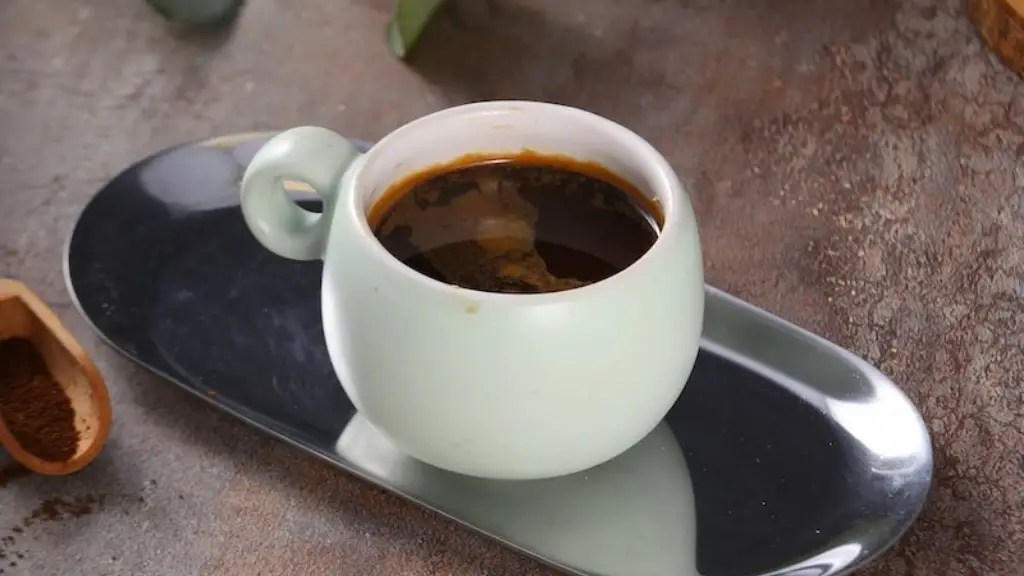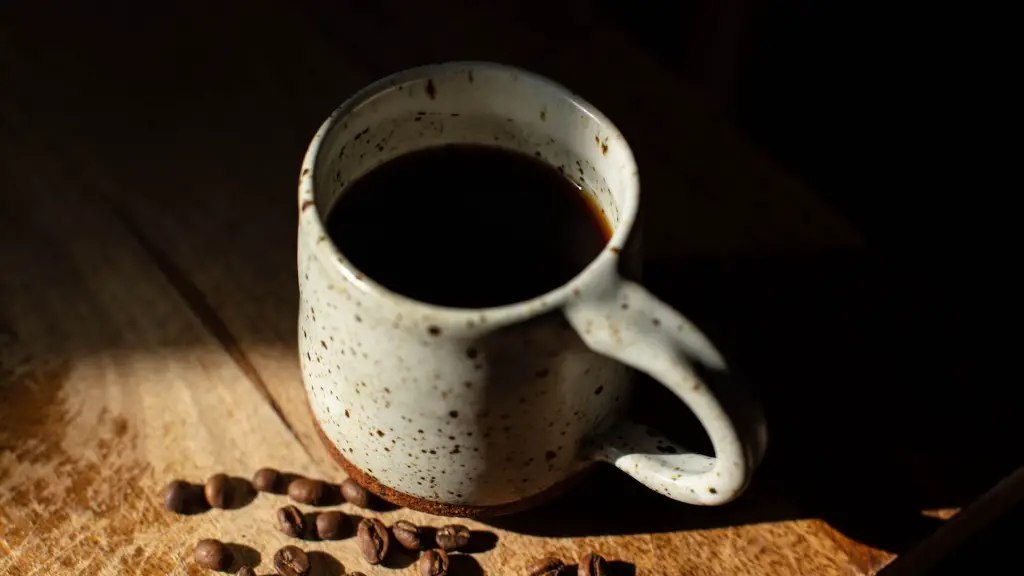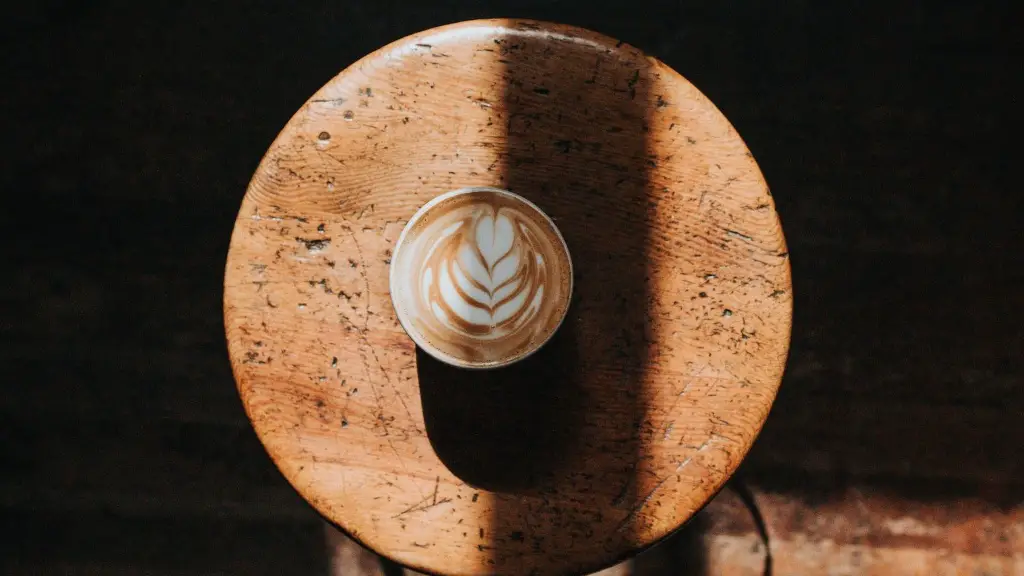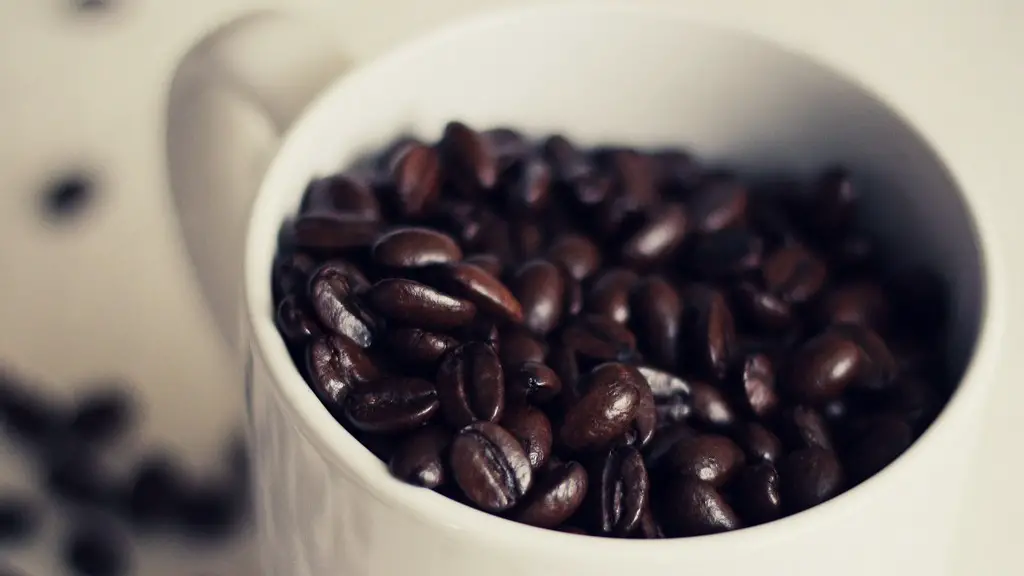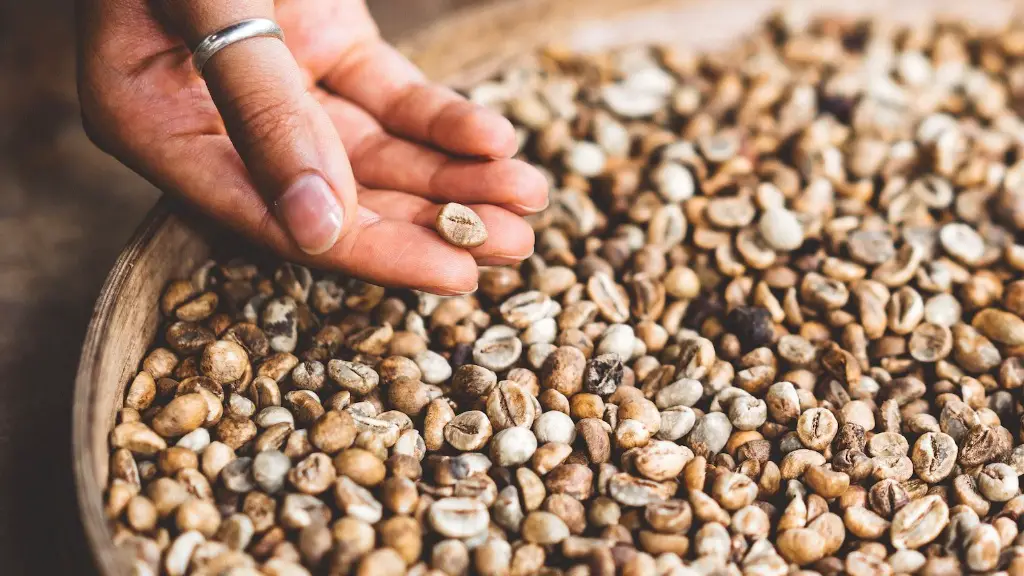Coffee has been popular throughout the world for thousands of years and many people rely on it in their daily lives. It has become a common practice to have coffee in the morning as a way to start the day or as a pick-me-up during the afternoon. It’s important to be aware of the risks associated with drinking coffee without food, however, as it can lead to numerous complications.
As far as the body’s metabolism is concerned, coffee is caffeine. Caffeine is a stimulant, which means that it can increase heart rate, blood pressure and cause an adrenaline rush when consumed. It also decreases hunger and makes one feel energized. However, if you’re drinking coffee without food, that can create an imbalance in your metabolism because you’re not consuming any food along with your coffee.
Coffee without food can also cause dehydration. Caffeine acts as a diuretic, which means it causes you to urinate more than usual. This can lead to dehydration if you’re not drinking enough fluids along with your coffee. Not getting enough fluids can lead to dehydration and a host of other health problems such as headaches, fatigue, confusion and lightheadedness.
Drinking coffee on an empty stomach can also cause your stomach to become upset. This is because coffee stimulates the production of stomach acid and can irritate the lining of the stomach. This can lead to symptoms such as heartburn, indigestion and bloating, as well as an increased risk for digestive tract diseases.
In addition, there can be long-term health risks associated with drinking coffee without food. Caffeine is known to increase levels of the stress hormone cortisol, which can lead to anxiety and other mental health issues over time. It can also lead to an increased risk of heart disease and some types of cancer.
Overall, it’s important to be aware of the risks associated with drinking coffee without food. While it can be tempting to reach for a cup of coffee in the morning or afternoon when you’re feeling tired or sluggish, it’s better to take the time to eat something first. Better yet, have a snack or light meal before you reach for the coffee. That way, your body will be able to better balance the effects of the caffeine.
Long-term Effects of Coffee
The long-term effects of coffee can be just as dangerous as the short-term effects. Studies have linked excessive caffeine intake to high blood pressure, insomnia, and an increased risk for certain types of cancer. Caffeine can also be addictive, meaning that you may find yourself needing more and more of it to get the same stimulant effects. This can lead to dependency, making it difficult to quit when you eventually decide you want to.
The addictive nature of caffeine can also make it difficult to know when to stop drinking it. If you’re used to drinking coffee multiple times a day, it can be hard to break the habit and cut back. Being aware of the risks associated with drinking coffee can help you make better decisions about how much and how often you should be consuming it.
It’s important to remember that drinking coffee is supposed to be a pleasant experience. If you’re already feeling anxious or jittery, it may be a sign that you’re drinking too much. That’s why it’s important to be mindful of what and how much you’re consuming.
Health Benefits of Coffee
Despite the potential risks associated with excessive caffeine consumption, there are some health benefits associated with the moderate consumption of coffee. Studies have found that coffee can reduce inflammation and may even lower the risk of certain types of cancer. Coffee has also been found to be a beneficial tool for improving concentration and alertness, as well as reducing the risk of type 2 diabetes.
Coffee is also a great source of antioxidants, which can help protect the body from free radicals and reduce the effects of aging. When consumed in moderation, coffee can also act as a mild diuretic and may even help reduce the risk of gallstones.
While it’s important to be mindful of the risks associated with drinking coffee, you don’t have to give it up completely. With the right approach, you can still enjoy the health benefits of coffee without putting yourself at risk.
When it comes to drinking coffee, moderation is key. Stick to one or two cups a day and make sure you’re eating something with the coffee. That way, you can still enjoy the taste and benefits of coffee without having to worry about the potential risks.
Tips for Reducing Coffee Intake
If you’ve realized that you’re drinking too much coffee and want to cut back, there are a few things you can do to make the transition a bit easier:
1. Start by reducing your caffeine intake gradually. This will give your body time to adjust and make the process less overwhelming.
2. Switch to decaf if you still want the taste of coffee without the caffeine.
3. Replace your coffee habit with other activities such as going for a walk or reading a book. Try to make it something that you actually enjoy so that it’s easier to stick to.
4. If you’re avoiding coffee altogether, find an alternative beverage that you enjoy. There are plenty of flavorful herbal teas and juices that can give you an energy boost without the caffeine rush.
5. Have healthy snacks on hand to curb cravings. Eating something can make it easier to resist the urge to reach for coffee when you’re feeling tired or sluggish.
Easing Caffeine Withdrawal Symptoms
Cutting down on your caffeine intake may cause some withdrawal symptoms such as headaches, fatigue, and irritability. To help ease the transition, you may want to take an over-the-counter medication such as ibuprofen or acetaminophen to help relieve the symptoms. You can also try drinking plenty of fluids and getting plenty of sleep to help your body recover.
If the withdrawal symptoms become severe, it’s best to speak to your doctor. They can help you come up with a plan to help you cut back your caffeine intake gradually so that it’s easier for your body to adjust.
Healthier Alternatives to Coffee
If you’re trying to scale back on your coffee intake, there are plenty of alternatives that you can turn to for an energy boost. Green tea is a great option as it contains some caffeine but doesn’t have as strong of an effect as coffee. You can also opt for herbal teas such as rooibos or yerba mate, both of which are caffeine-free but still offer an energy boost. For a pick-me-up in the afternoon, a smoothie made with fresh fruits and vegetables can provide the energy you need to get through the rest of the day.
Overall, it’s important to be mindful of the risks associated with drinking coffee without food. While it can be tempting to reach for a cup of coffee, it’s important to remember that moderation is key. With the right approach, you can still enjoy the benefits of coffee without putting yourself at risk. There are also plenty of healthier alternatives to coffee that can give you the energy boost you need without the potential health risks.
